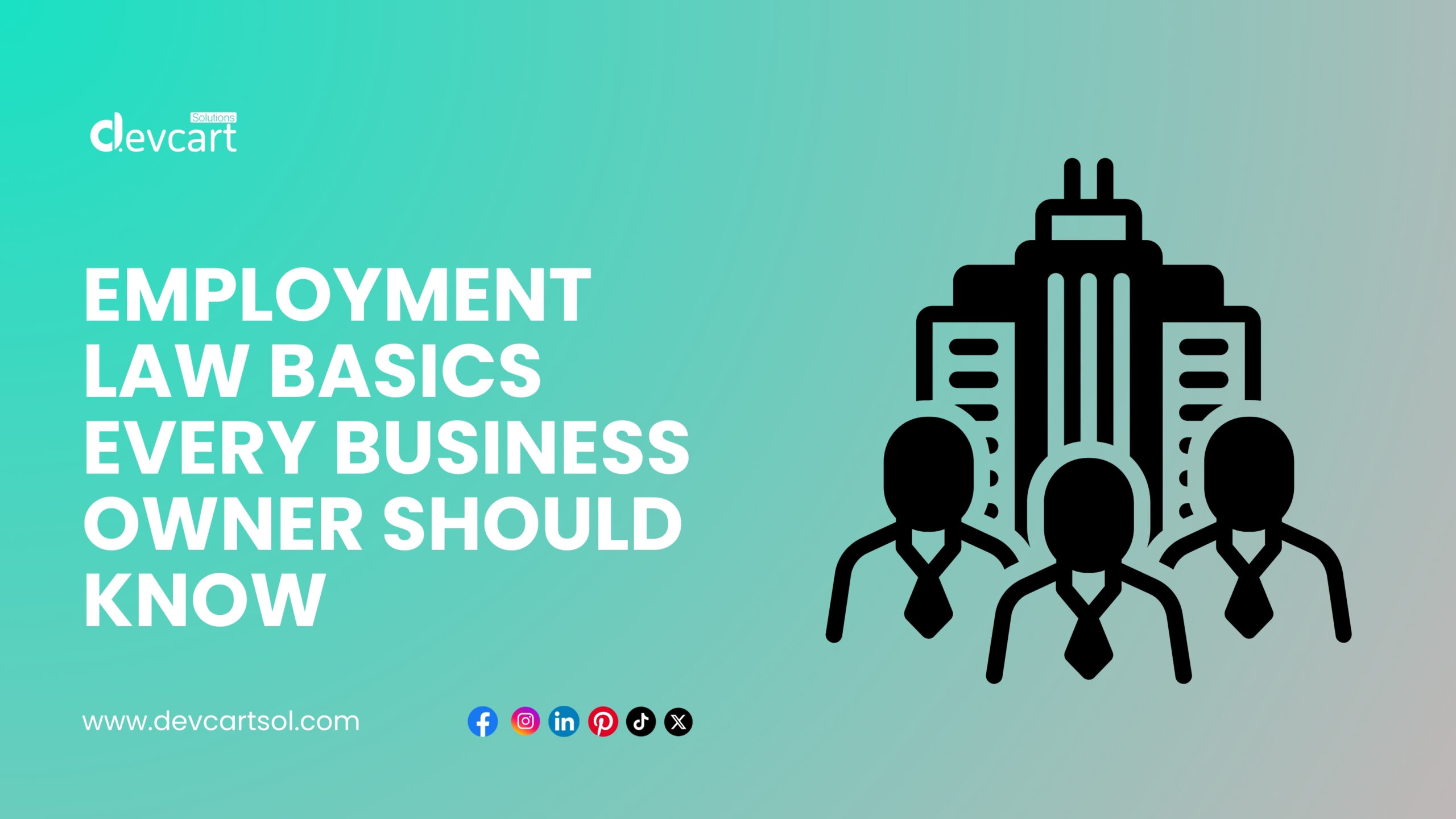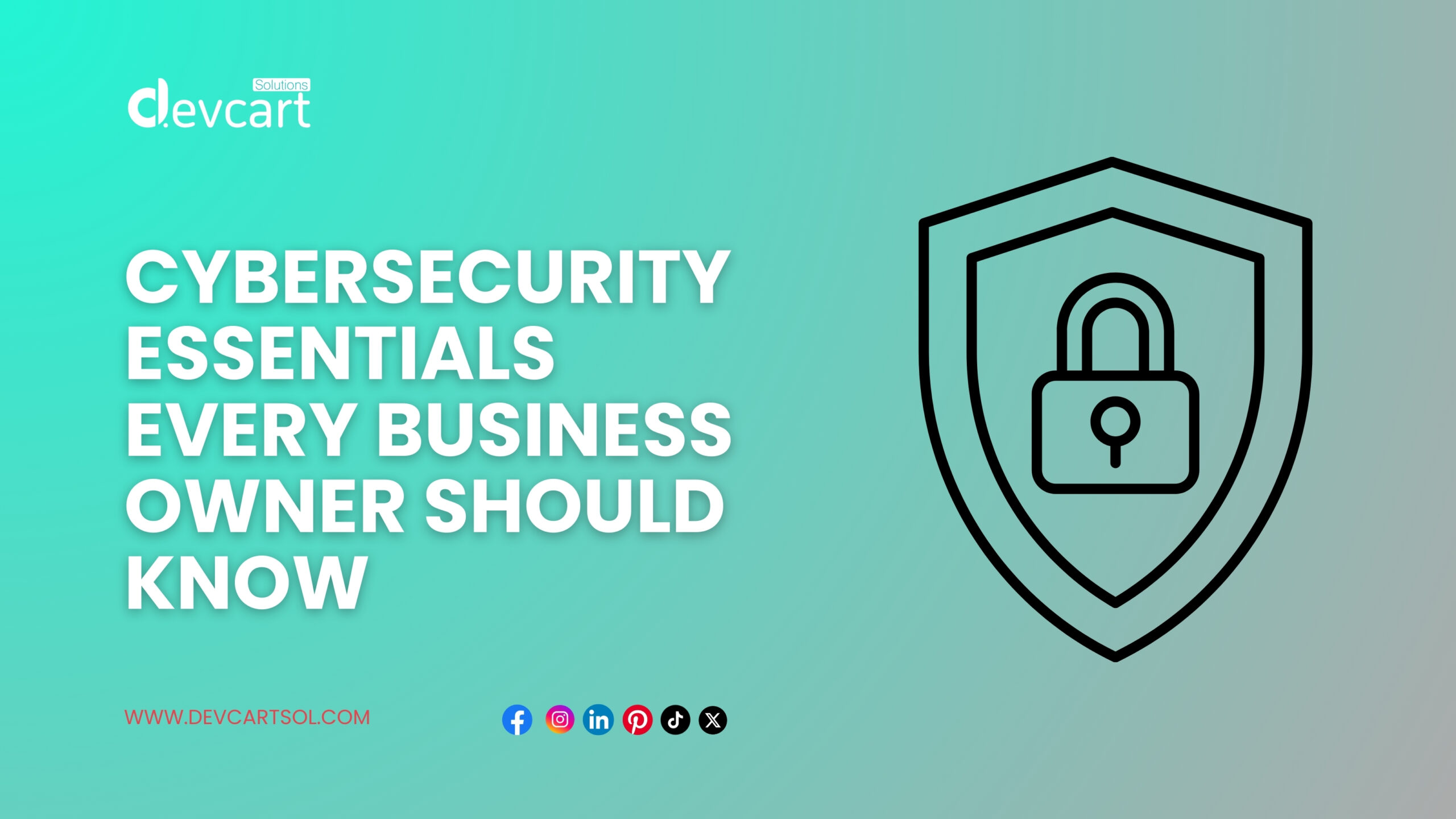Employment law governs the relationship between employers and employees, ensuring fair treatment, legal compliance, and workplace safety. For business owners, understanding these fundamentals is critical to avoid costly disputes, fines, or lawsuits.
This guide covers the essential areas of employment law that every entrepreneur should know to protect their business and foster a compliant, ethical workplace.
Why Employment Law Matters for Business Owners
- Prevents Legal Disputes – Clear understanding helps avoid lawsuits and penalties.
- Builds Employee Trust – Workers value transparent and fair practices.
- Ensures Compliance – Staying up to date protects your brand reputation.
Key Areas of Employment Law
1. Hiring and Recruitment Compliance
- Follow anti-discrimination laws when hiring.
- Ensure job postings and interview practices comply with labor regulations.
2. Employee Classification
Misclassifying employees as independent contractors can lead to fines and back pay. Understand the difference between:
- Full-time and part-time employees
- Exempt vs. non-exempt employees
- Contractors vs. employees
3. Wage and Hour Laws
- Adhere to minimum wage requirements.
- Comply with overtime pay rules.
- Maintain accurate time and payroll records.
4. Workplace Safety Regulations
Implement safety protocols and training to meet standards set by organizations like OSHA (Occupational Safety and Health Administration).
5. Employee Rights & Benefits
- Understand laws on family leave, sick leave, and health benefits.
- Respect workers’ rights to privacy, fair treatment, and proper notice.
6. Termination Procedures
- Follow legal guidelines for layoffs, dismissals, or disciplinary actions.
- Provide required severance pay (where applicable) and proper documentation.
7. Anti-Harassment & Discrimination Policies
- Train staff to prevent harassment and discrimination in the workplace.
- Establish clear reporting and resolution procedures.
Staying Compliant
- Consult with employment law experts or HR professionals.
- Update company policies regularly to reflect legal changes.
- Keep employee handbooks and contracts up to date.
Final Thoughts
Employment law is a crucial foundation for building a fair, safe, and legally compliant workplace. Business owners who invest in understanding these basics can avoid costly disputes and foster long-term employee satisfaction.















